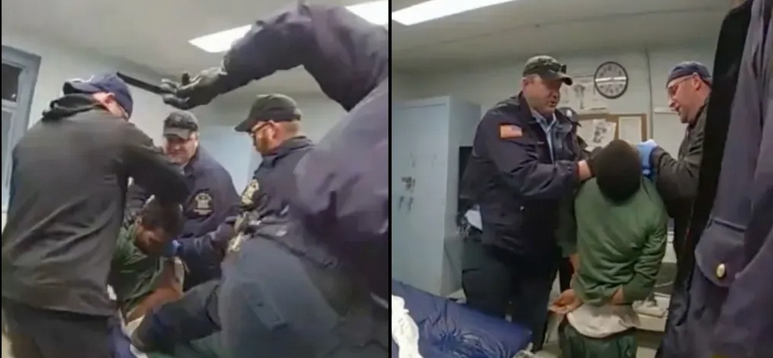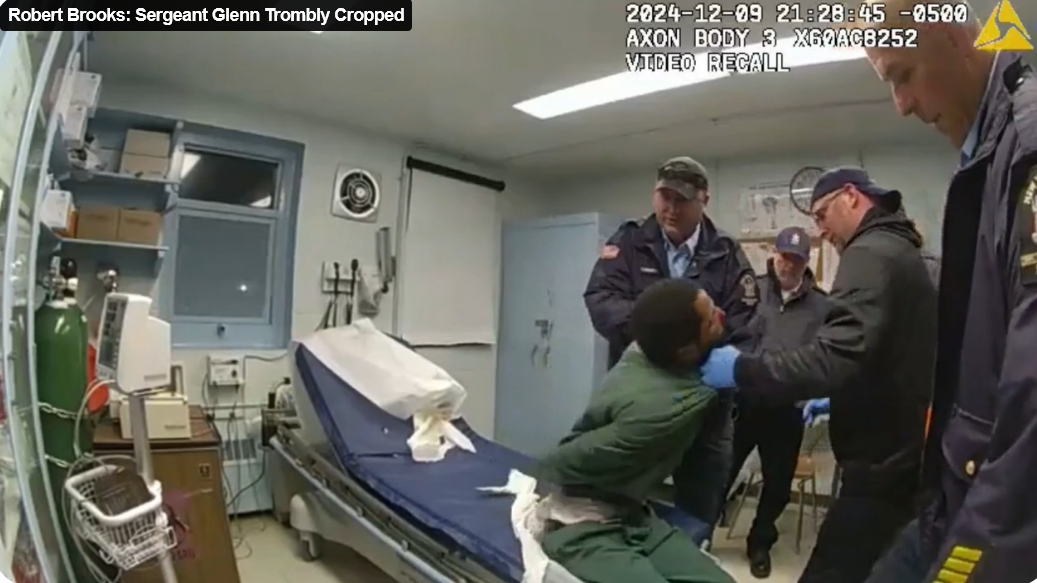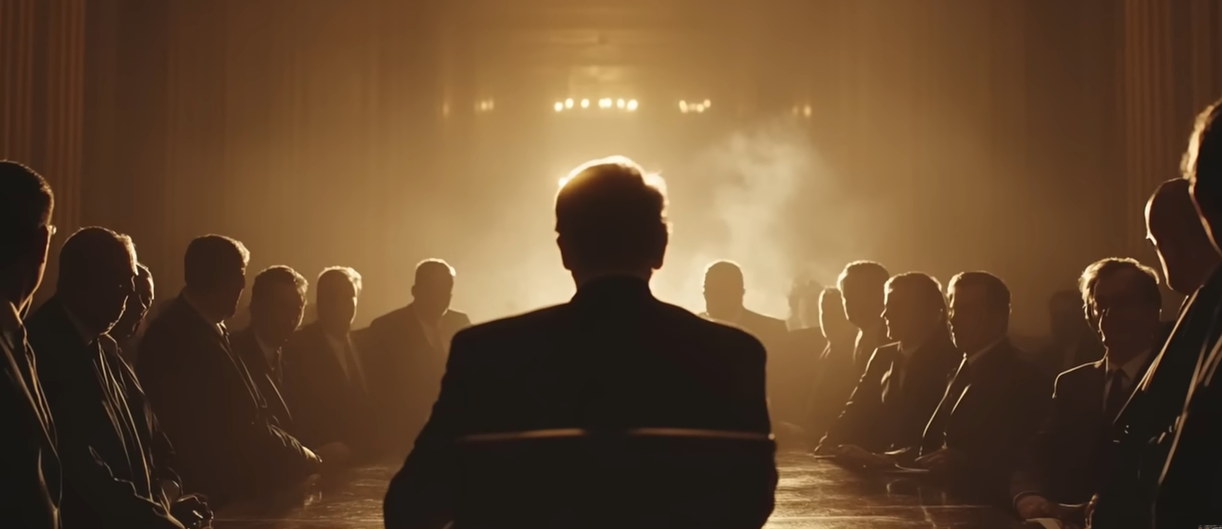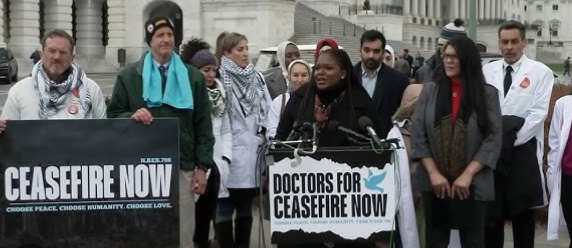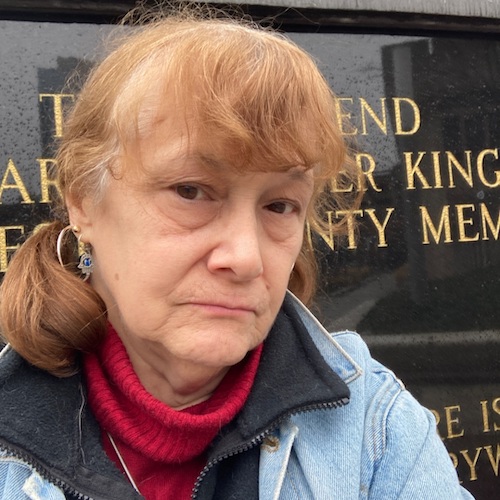Photos: YouTube\Twitter
Tuesday, the U.S. Senate version of the John R. Lewis Voting Rights Advancement Act (VRAA) was introduced. A version of the bill passed in the House of Representatives on August 24.
Both bills reactivate Section 5 of the Voting Rights Act of 1965 (VRA) by proposing a new coverage formula to restore the part of the VRA that was dismantled by the Supreme Court decision in Shelby County v. Holder in 2013.
Both bills also strengthen Section 2 of the VRA, which was significantly weakened by the Supreme Court decision in Brnovich v. DNC earlier this year.
The following statement is by LaShawn Warren, Chief Policy Officer for the SPLC Action Fund:
“Americans – especially those who live in places with long histories of racial discrimination in voting – deserve the confidence that they can access the ballot box in future elections safely, easily, and free of discrimination.
“Our democracy is in peril. Just this year alone 19 states, many in the South, have passed 33 anti-voter laws that will make it harder for Americans to vote. States have made countless changes to election processes for eight years – all without any oversight. Upcoming maps proposed by state legislatures in the districting process that will determine political boundaries and how communities’ taxpayer dollars are allocated for the next decade will also not face immediate oversight.
“While not perfect, the U.S. Senate’s version of the John R. Lewis Voting Rights Advancement Act (VRAA) is a welcome and significant step forward to restoring vital provisions of the Voting Rights Act of 1965 (VRA). The VRA helps protect the right of all Americans to have their voices heard by ensuring transparency and accountability. It has been restored four times since 1965 across four different Republican presidential administrations.
“Importantly, the Senate bill: restores the coverage formula needed to determine which jurisdictions have sufficient records of racial discrimination in voting to submit voting changes for federal approval before implementing them; introduces nationwide practice-based coverage that requires federal oversight of certain election-related practices known to have racially discriminatory effects; ensures that voters harmed by discriminatory voting practices can seek relief in federal court; and implements important protections for Native American voters.
“We will continue working in collaboration with our partners on the ground and with Congress to ensure that the John R. Lewis Voting Rights Advancement Act is as strong as possible – especially for communities in the Deep South. As detailed in reports submitted to Congress in August, barriers to political participation are alive and well in the Deep South — particularly for voters of color. Congress must protect voters who have been without the protections of Section 5 for the last eight years.
“Hard working activists like the successors to John Lewis in Alabama, in the Deep South and across the country have struggled for generations to ensure that everyone’s votes would be protected and their voices heard. We cannot let them down.”
For more information, visit www.splcactionfund.org.

